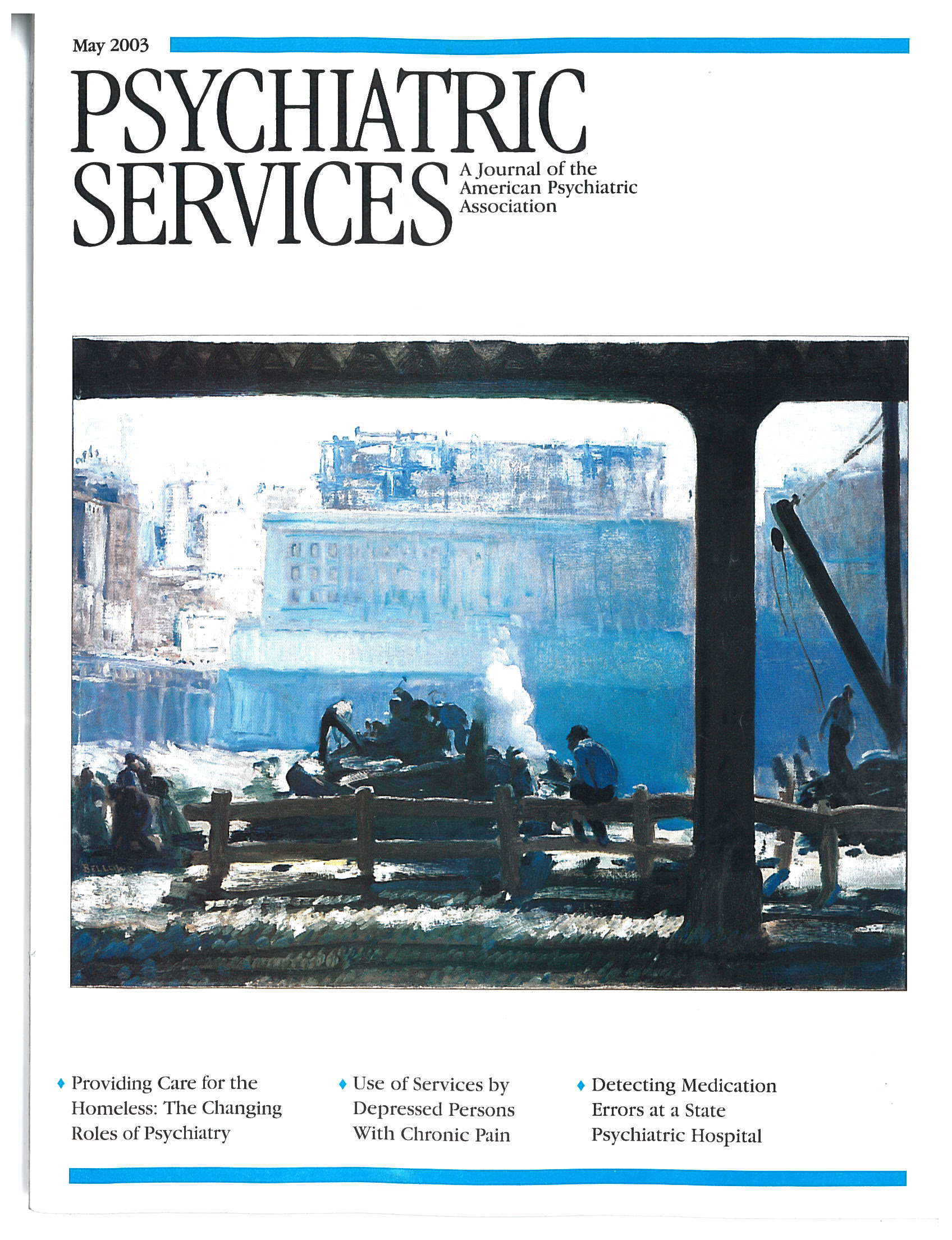Psychopharmacology: Perspectives on Medication Adherence and Atypical Antipsychotic Medications
Abstract
Introduction by the column editor: The problem of noncompliance is one that affects all areas of medicine. Some opinion holds that it may be worse for psychiatric disorders, particularly the psychoses, and that the side effects of the older or conventional antipsychotics have played a major role in poor compliance. Side effects have also been proposed as the reason long-acting medications have been unpopular in the United States. This explanation, like many others, seems a bit simplistic and would not explain why European countries and Australia use ten times as many long-acting drugs as the United States.The arrival of atypical antipsychotics, with their lower rate of extrapyramidal effects, was greeted positively as an advance on the older drugs. It was suggested that the lower rate of side effects would improve compliance. However, few data to support this suggestion have been reported.



